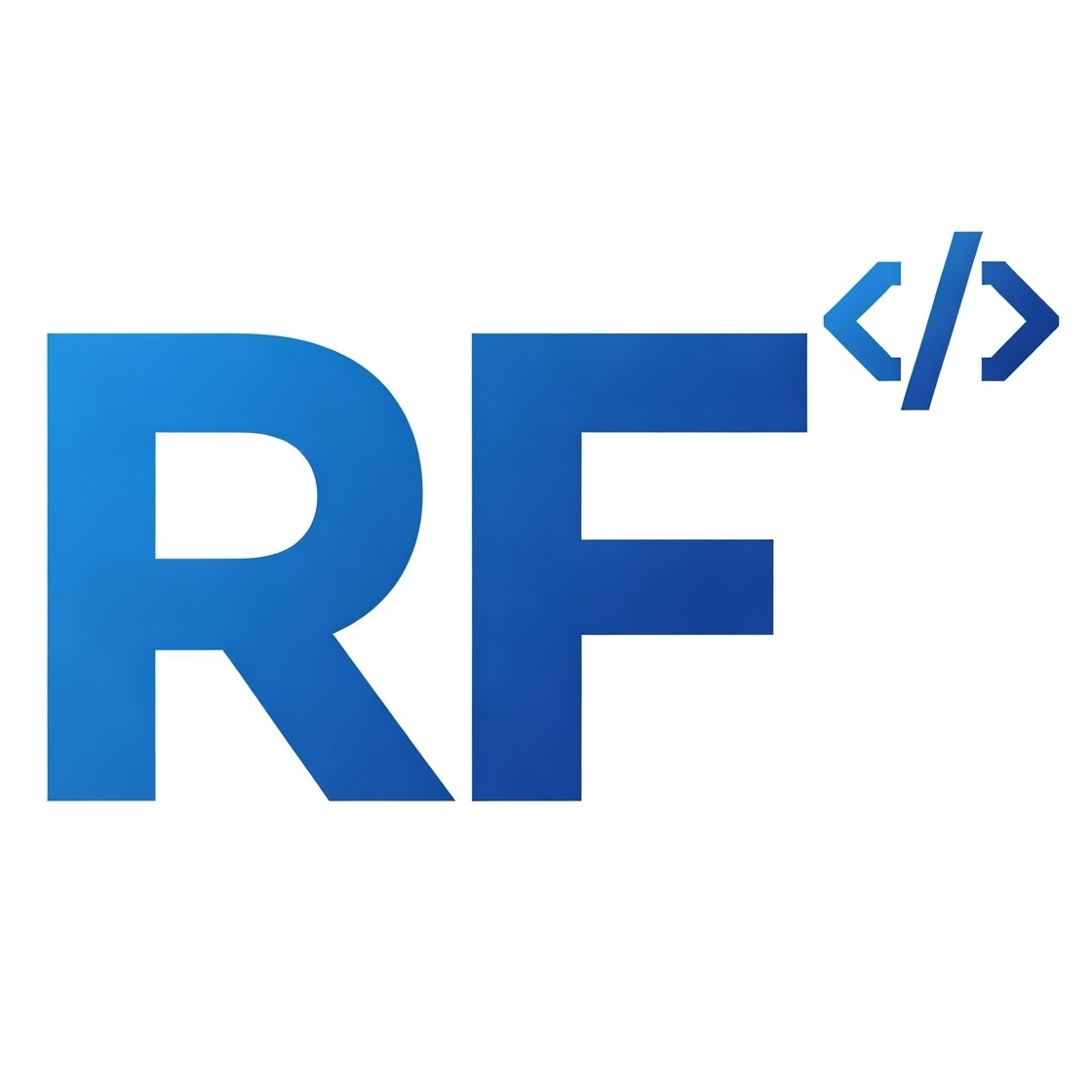Reverse Engineering with dotPeek

As a .NET Engineer, I’ve found that understanding how different libraries and systems work can be both enlightening and challenging. One tool that’s been particularly helpful in this journey is JetBrains dotPeek - a free decompiler for .NET assemblies.
Learning from Existing Libraries
There have been times when I’ve integrated third-party libraries into my projects but wished to understand their internal workings better. With dotPeek, I can decompile these assemblies to see the underlying C# or Intermediate Language (IL) code. This insight has allowed me to learn new coding techniques and grasp how certain functionalities are implemented, enhancing my development skills.
Reviving Legacy Systems
In one particular instance, I was tasked with maintaining a legacy application whose original source code was lost. Using dotPeek, I successfully decompiled the existing binaries, reconstructed the source code, and continued development without starting from scratch. This experience underscored the tool’s value in preserving and extending the life of older systems.
Ethical Usage
It’s crucial to emphasize that tools like dotPeek should be used responsibly. Decompiling software without permission, especially with the intent to replicate proprietary code, is unethical and may violate legal agreements. Always ensure you have the right to decompile and study the assemblies you’re working with, respecting intellectual property rights.
In conclusion, dotPeek has been an invaluable resource in my development toolkit, aiding both in learning from existing code and maintaining legacy systems. When used ethically, it serves as a bridge to deeper understanding and more robust software solutions.
